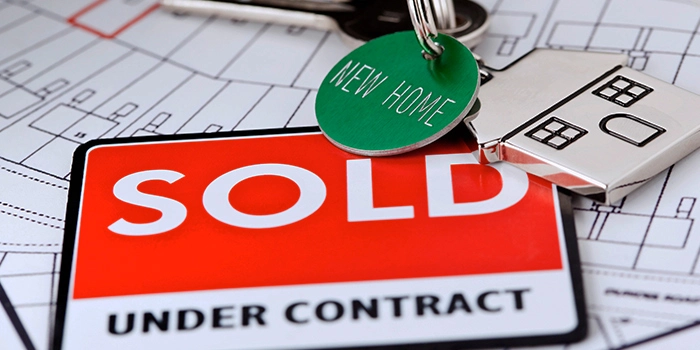Real Estate Investing for Beginners: How to Get Started


You’ve been keeping an eye on the real estate market and binging flip-this-house TV shows because you dream of getting started in real estate investing. Before taking on a second mortgage, look at the big picture. Is this the right move for you? Real estate investing for beginners can be overwhelming. We offer five questions to ask yourself before you begin and tips on how to get started in property investing.
Before you take the plunge into real estate investing, ask yourself these questions to make sure this investment opportunity is right for you.
Taking the time to understand the local market is a necessary step for every beginning real estate investor. In some areas, rental properties might be smarter investments than resales — but you have to know the area. Data like average sales, rental rates and the time it takes to sell or rent properties are needed to make smart investment decisions. Otherwise, you can’t know a good deal when you see one.
You can invest in real estate in many ways. Some investors purchase, upgrade and resell properties. Others invest for the long term, using rentals to collect regular checks. Your plan — buy and resell, or buy and rent — will help determine your budget, target sale price and return on investment.
Assessing the cost of renovations and repairs and comparing them to the rental rates or sale prices in the area is essential. This will help determine whether a property is a good investment. Remember to consider your market. In a competitive market, finding a great deal on a home might be challenging, but resale might be quick and easy. On the other hand, in a depressed market you might be able to make a strong profit, but the sale might take longer.
The IRS has regulations on rental costs and taxes on rental income, as well as on the sale of investment properties. Before beginning to invest in real estate, talk to a tax professional about the tax implications. Ask, too, about any expenses you might need to document.
As a beginner in real estate investing, you need to be prepared to pay for purchasing, renovating and insuring an investment property (and potentially covering the monthly costs until it sells or rents). You must also be prepared emotionally. Renovations can run long and over budget. Sales contracts can fall through. Your new renters might call in the middle of the night about a clogged drain. Consider whether you’re ready for these things before you take the plunge.
You’ve done your research and now you’re ready to get started with investment properties. Preparation is key to a successful launch into real estate investing. Here are the first steps you should take as a beginner in real estate investing.
You’ve researched the market and decided what type of real estate investing you’d like to do. Now, you need to make sure you have the proper funding to follow through on your vision. If you plan to take on a second mortgage, you’ll need a 20% down payment to secure the loan, in addition to closing costs and the cost of an appraisal. Depending on what you plan to do with the property, you’ll need to plan for additional costs, which may include funds to cover:
Equipped with the market research you’ve done and your funding, you’re ready to start searching for the perfect real estate investment. Thoroughly investigate each potential opportunity to ensure you don’t get in over your head. If needed, tap a professional for advice. Not sure how severe an electrical issue is, for example? Connect with a trusted electrician who can offer guidance (for a fee).
Whether you plan to rent your property or flip it, you’ll likely need the help of contractors and other professionals to make the investment as successful as possible. Will you need a realtor? A plumber? A contractor? The sooner you start to build a trusted network of people you can tap into, the better off you’ll be in the thick of the process.
Get the best protection on your second property — or your first. Contact your Farm Bureau agent today and make sure you’re covered.